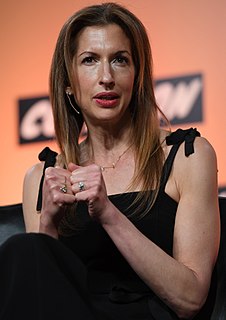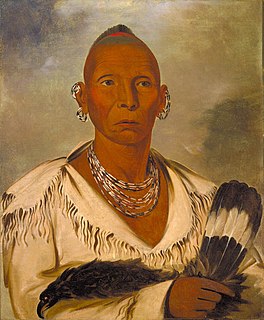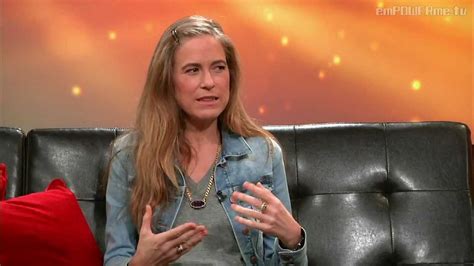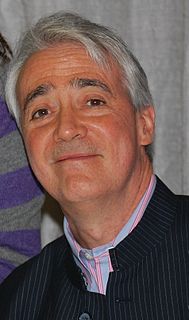A Quote by Joshua Foer
I met with amnesiacs and savants, educators and scientists, to try to understand what memory is, why it works, why it sometimes doesn't, and what its potential might be.
Related Quotes
Everyone wants to understand art. Why not try to understand the song of a bird? Why does one love the night, flowers, everything around one, without trying to understand them? But in the case of a painting people have to understand. If only they would realize above all that an artist works of necessity, that he himself is only a trifling bit of the world, and that no more importance should be attached to him than to plenty of other things which please us in the world, though we can't explain them. People who try to explain pictures are usually barking up the wrong tree.
I have been asked so many times why I live a green life, why water conservation, why getting wells in places, why work with water organizations, why conserve water at home with double-flush toilets, why I tell my daughters, "Turn off the tap" so much. Sometimes I want to say, "I wish I knew the answer." My answer really is: I don't understand why everyone doesn't feel this way.
If you are uninterested in what I say, there's an end to it. If you like what I say, please try to understand which previous influences have made you like it. If you like some of the things I say, and dislike others, you could try to understand why. If you dislike all I say, why not try to find out what formed your attitude?































